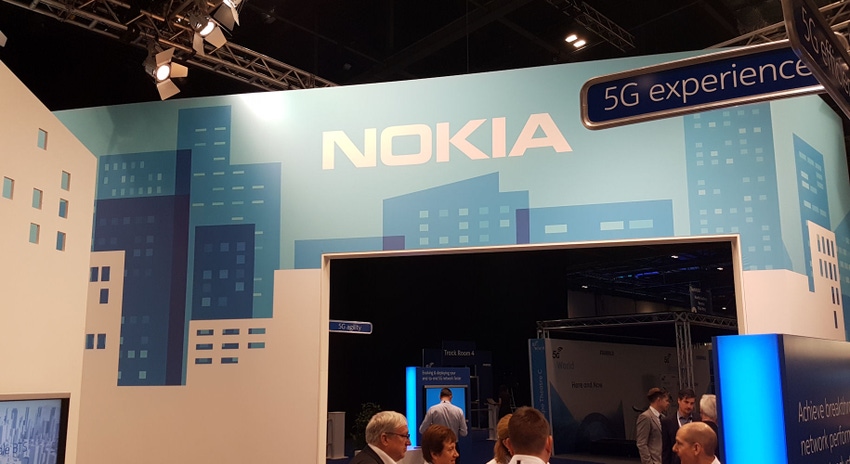FWA success is about deployment without engineers – Nokia
The 5G euphoria might have reignited excitement for Fixed Wireless Access (FWA) but Nokia doesn’t think we need to wait that long.
October 11, 2018

The 5G euphoria might have reignited excitement for Fixed Wireless Access (FWA) but Nokia doesn’t think we need to wait that long.
The FWA portfolio from Nokia isn’t new, here we’re talking about enhancements to products and solutions which are designed for 4G connectivity. What is worth bragging about is the simplicity of the portfolio, something which Nokia’s Head of Fixed Networks Marketing Stefaan Vanhastel thinks is critical for adoption.
“Fixed wireless access is all about ease of deployment, so need to make it is as easy as possible,” said Vanhastel. “We don’t want to send out engineers for every customer, but make the products all about deployability. Each of the announcement make by themselves are relatively minor, but when you bring everything together suddenly you have an offering which is appealing.”
FWA might be primarily a 5G conversation, though there is no reason the technology cannot be run over 4G networks. With 4G networks peak residential speeds beyond 100 Mbps are possible but not always achievable, though Nokia will be launching new antennas which it claims can improve performance. Nokia FastMile can help improve spectral efficiency by 4-5x, resulting in faster connections for residential users, more consistent performance at the cell edge and lower RAN costs. It starts to make 4G FWA a more viable proposition.
Another area of the portfolio which has received a power-up are the indoor gateways. Nokia is introducing new products which include high-gain antennas and 4X4 MIMO to increase performance. Some models are also claimed to be 5G upgradable. However, the most important point is ease of deployment; it is simply a plug-in device.
This for Vanhastel is one of the most important aspects of FWA. The usecase not only has to be built for the telcos, though this is a simple one with the cost of laying fibre, but also for the users. FWA is likely to be a considerable change for some customers, many of whom will know the pros and cons of mobile connectivity and coverage. Simplicity and ease of deployment will certainly come as an advantage over waiting for a couple of weeks for an engineer to show up.
Realistically most broadband connections across the UK do not reach the speeds which Nokia will suggest is capable over a 4G-FWA offering, but the task will be to convince telcos and users of the reliability of the offering. Should reliability be proven, it poses an interesting question; why should we have to wait for 5G when FWA is theoretically possible over 4G networks?
About the Author(s)
You May Also Like








.png?width=300&auto=webp&quality=80&disable=upscale)


_1.jpg?width=300&auto=webp&quality=80&disable=upscale)


.png?width=800&auto=webp&quality=80&disable=upscale)